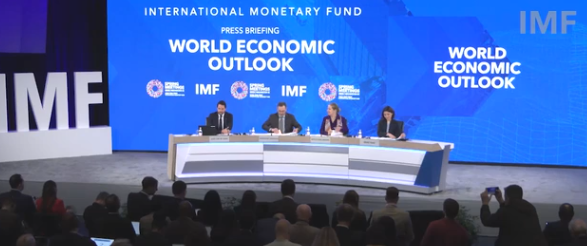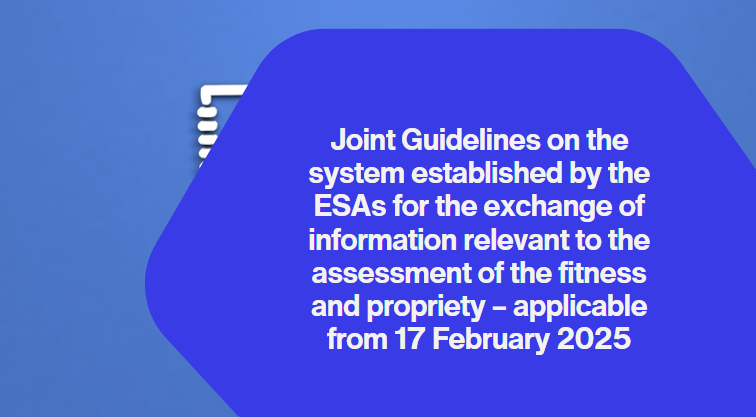IMF Downgrades Global Growth Outlook: 2.8%
The International Monetary Fund (IMF) has significantly revised its global economic growth forecast, predicting a slower pace of recovery for the coming years. This adjustment underscores the impact of persistent inflation, tightening financial conditions, and geopolitical risks, all of which create challenges for international businesses and investors.
Slower Global Growth: The IMF's Revised Outlook
In its latest World Economic Outlook (WEO), the IMF downgraded global growth expectations to 2.8% in 2025, down from previous projections of 3.1%. The slowdown is attributed to several key factors, including high inflation in major economies, tighter monetary policies, and ongoing geopolitical instability.
The IMF's chief economist, Pierre-Olivier Gourinchas, highlighted that the global economic slowdown is largely driven by advanced economies, where central banks' aggressive interest rate hikes are curbing domestic demand. This has reduced investment and consumer spending, further compounding global growth challenges.

Domestic Imbalances: A Global Challenge
A key concern in the IMF's report is the persistence of domestic imbalances, particularly within the U.S. and the Eurozone. Despite strong recoveries post-pandemic, these regions continue to face fiscal deficits, low productivity growth, and high energy prices.
In the U.S., reliance on consumer spending has reached its limits, while in the Eurozone, sluggish economic performance is exacerbated by the ongoing energy crisis. These imbalances create ripples across global markets, affecting supply chains and international trade flows.
For instance, the energy crisis in Europe has escalated costs, impacting industries dependent on energy inputs. This has created significant risks for companies operating in the region, which may face higher production costs and diminished competitiveness.
Implications for Global Business and Investors
For international investors, the IMF's revised forecast signals a shift toward caution. With growth in many major markets now expected to remain subdued, businesses should adjust their strategies accordingly. Heightened financial conditions and the risk of capital outflows from emerging markets suggest that businesses in these regions should prepare for potential currency volatility and rising borrowing costs.
Additionally, the IMF's emphasis on trade fragmentation highlights the need for companies to rethink their supply chain strategies. As global trade faces increasing protectionist pressures, businesses might need to diversify suppliers or invest in local manufacturing to reduce reliance on global supply chains.
Policy Recommendations: Global Action Needed
The IMF's WEO outlines several policy recommendations to stabilize the global economy. It urges governments to implement targeted fiscal measures to support long-term growth and productivity, particularly through infrastructure investments. On the monetary side, central banks are advised to balance inflation control with policies that encourage sustainable economic growth.
For businesses, the key takeaway is that while interest rates may remain high, targeted government stimulus in infrastructure and innovation could provide opportunities for strategic investment.





















































First, please LoginComment After ~